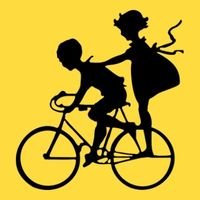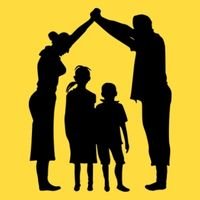Specialization
In my practical experience with young children, I have worked over 3000 hours in various educational settings (e.g., daycare, school, hospital, community). In combination with 13 years of research experience and 7 years of university teaching experience, I have developed a breadth of knowledge in early childhood development and education. My expertise spans across a wide spectrum of topics in early childhood education, but my areas of specialization are rooted in topics related to social power, teaching and learning, and the family. These subjects have continued to pique my curiosity over the years and have directed my pursuits in my research program. The subject matter is woven in the everyday fabric of our lives - a big reason why I think they are so important and why I am so eager to share them with the world.











